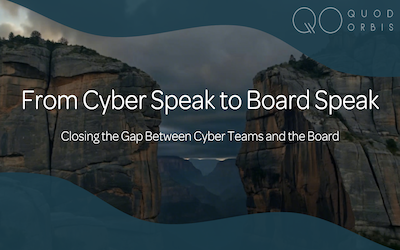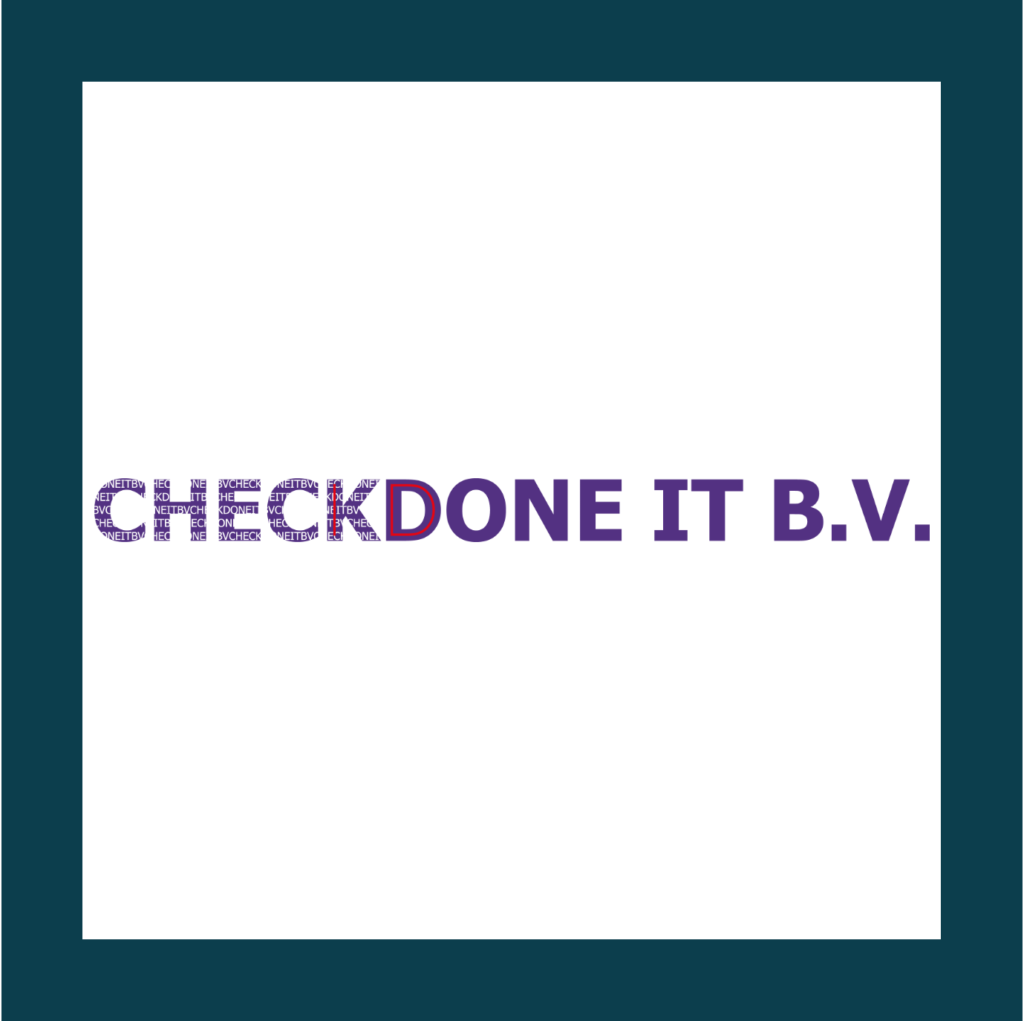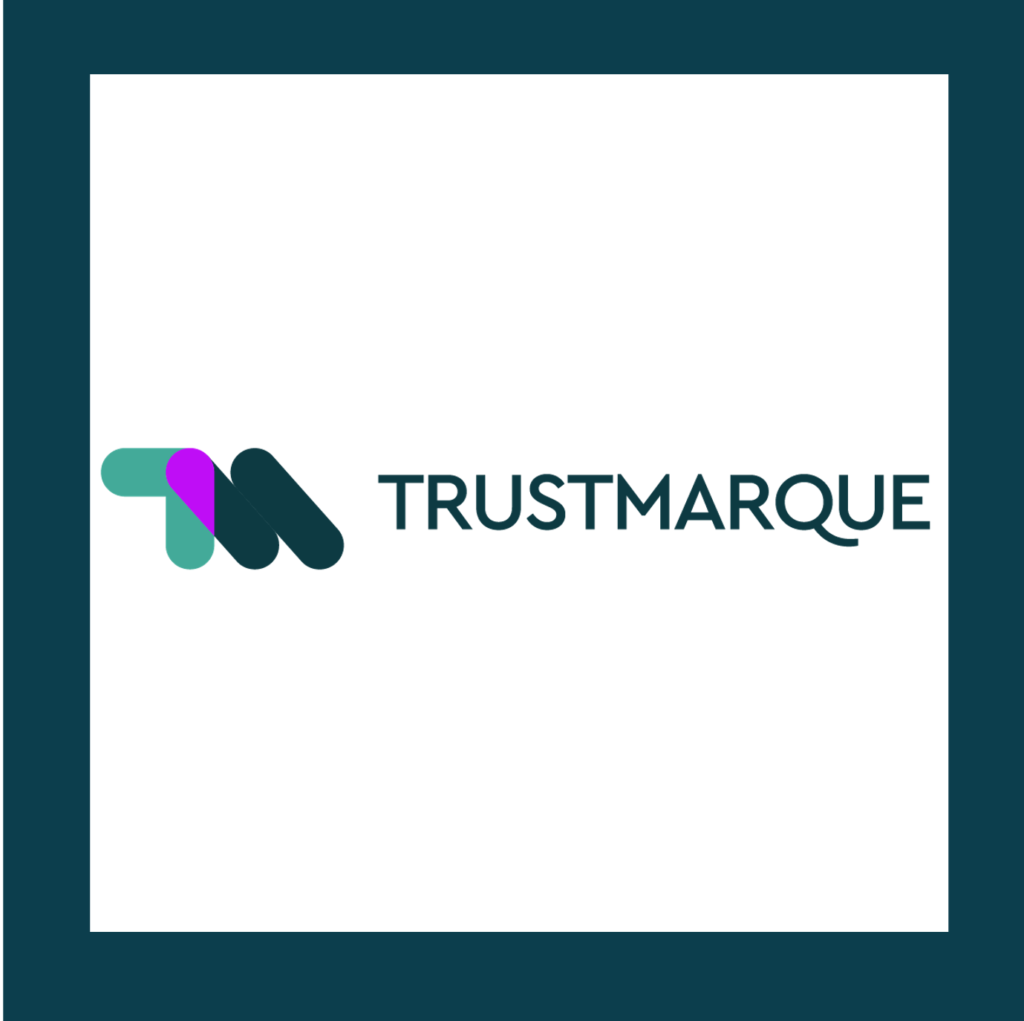Most conversations about the Digital Operational Resilience Act (DORA) begin and end with compliance. Banks and financial institutions must prepare, the udit deadlines are looming, and the focus is on avoiding fines.
But looking at DORA purely through the compliance lens is short-sighted. Regulations may have driven its creation, but resilience is what gives it real weight—and that matters to every organisation, not just those in financial services.
The real opportunity is this: compliance can be the starting point, but resilience is where you create advantage.
Banks and financial institutions MUST see DORA not just as a tick box, but as a roadmap to lasting operational resilience.
Resilience Is the New Trust Currency
We’re operating in a landscape where outages, ransomware, and third-party failures aren’t hypothetical risks—they’re weekly headlines. Customers, partners, and investors don’t just expect you to tick compliance boxes; they expect you to keep operating when others grind to a halt.
Resilience has become a currency of trust. And the principles behind DORA—testing continuity, managing third-party risk, ensuring continuous visibility across your digital ecosystem—apply to any organisation that depends on technology. Which is to say, everyone.
When a payment system goes down, it makes the news. But when a utility experiences disruption, a manufacturer halts production, or a hospital suffers downtime, the consequences are just as severe. The boundaries between financial and non-financial sectors blur quickly when digital operations underpin all of them.
For Banks, Compliance Alone Won’t Be Enough
For financial services, DORA is non-negotiable. The regulation sets out strict requirements, and there is no choice but to comply. But here’s the danger: treating DORA as a checklist to be completed risks missing its real intent.
The financial sector has long been a high-value target for cybercrime, and regulators are raising the bar because the stakes are so high. Yet compliance does not automatically equal resilience. Passing an audit doesn’t guarantee that critical services will survive a ransomware attack, a cloud outage, or a supplier failure.
Banks and insurers that stop at compliance will simply meet the same baseline as their peers. But those that go further—embedding DORA’s principles into strategy, culture, and technology—will be the ones that stand out. They’ll be the institutions that customers trust more, regulators respect more, and competitors struggle to match when resilience is put to the test.
Beyond the Audit Mindset
Too many organisations treat regulation as a game of “minimum standards.” Pass the audit, file the report, move on. But if that’s the bar, you’re already behind.
Why? Because disruption doesn’t arrive on a neat audit schedule. Cyber incidents don’t wait until you’re ready to be assessed. And customers don’t care if you were technically compliant when they couldn’t access your service.
Resilience requires a shift in mindset—from proving compliance once a year to building confidence every day. This is where frameworks like DORA can act as more than obligations. They can serve as playbooks for embedding resilience into the fabric of your organisation.
The Competitive Edge of Resilience
Here’s the piece often overlooked: resilience is not just defensive. Done well, it creates competitive advantage.
- It builds trust faster than marketing ever can. When customers know you’re prepared for disruption, they see you as lower risk, more dependable, and worth sticking with.
- It future-proofs against regulatory change. Even if you’re not subject to DORA today, many industries are moving in the same direction. Building resilience now avoids scrambling later.
- It strengthens ecosystems. Every organisation is part of a supply chain. Being the resilient link makes you more attractive to partners and more influential in negotiations.
- It drives efficiency. Automated monitoring and control validation—approaches encouraged by DORA—don’t just reduce risk, they save time, reduce manual effort, and sharpen decision-making.
Organisations that embrace resilience as strategy, rather than compliance as cost, are the ones who stand out when disruption inevitably comes.
Questions Leaders Should Be Asking
If you’re leading a business outside financial services, you may be tempted to dismiss DORA as irrelevant. But ask yourself:
- How confident are we that our critical services could withstand a major supplier outage?
- Do we have a clear, real-time view of risks across our technology and third-party landscape?
- Are our resilience measures stress-tested regularly, or only revisited when a regulator requires it?
- Would our customers say we’re dependable if tested by crisis?
These aren’t compliance questions. They’re leadership questions. And the organisations that can answer them convincingly will be the ones that thrive.
Compliance as a Springboard, Not a Ceiling
Here’s the shift in thinking: compliance isn’t the end goal—it’s the baseline. It shows you’ve done what you must. Resilience shows you’ve done what you can.
Those who stop at compliance will always be reactive, waiting for the next mandate, the next audit, the next disruption. Those who use compliance as a springboard will set the pace, showing customers and partners that they’re not just prepared—they’re dependable in a volatile world.
Finally….
DORA may have been written for finance, but its message is universal: in a digital economy, resilience is everything. The organisations that get this right won’t just avoid fines or outages—they’ll be the ones that win trust, attract partners, and sustain growth when others falter.
In other words, the future doesn’t belong to the compliant. It belongs to the resilient.
Discover how to turn compliance into a competitive advantage—read our latest insights on building resilience that lasts. Access the Digital Operational Resilience White Paper 👉 Download it now.



















